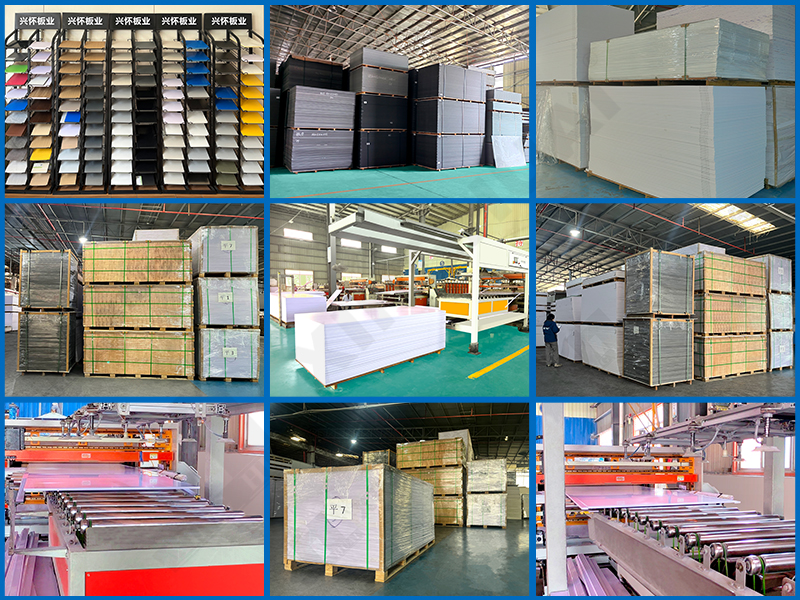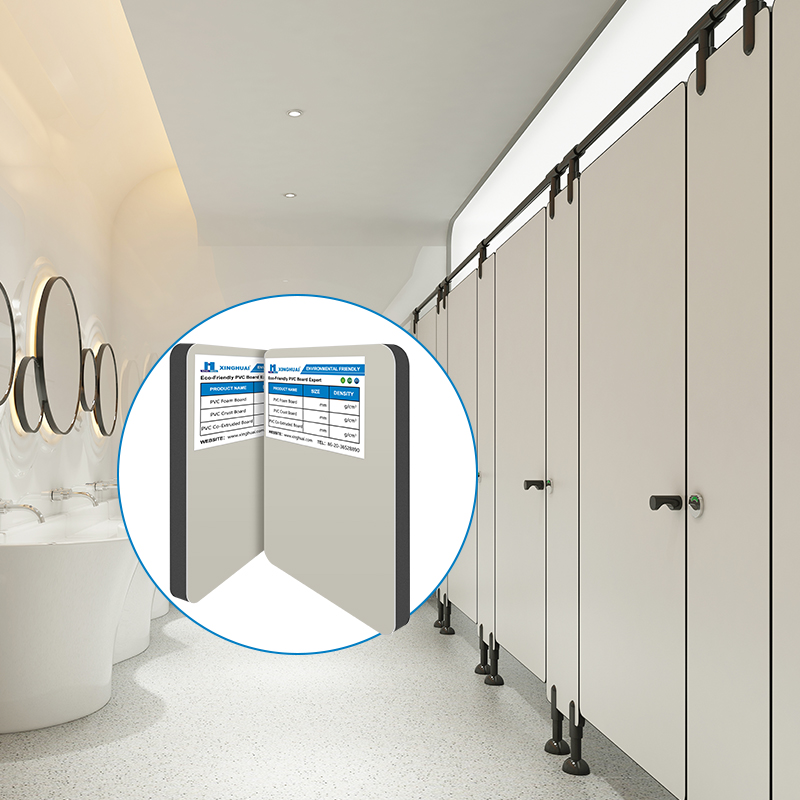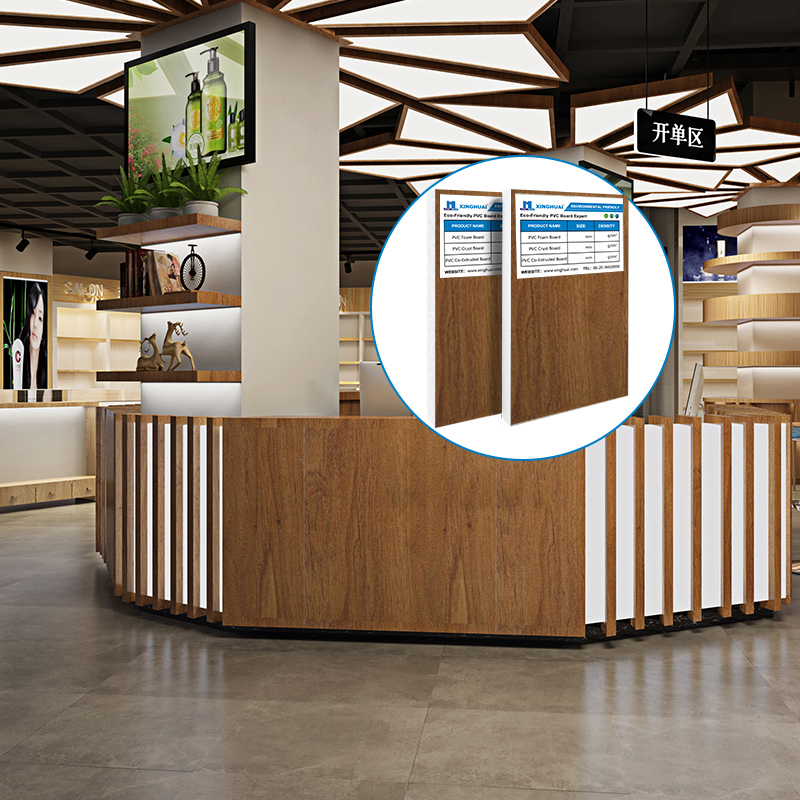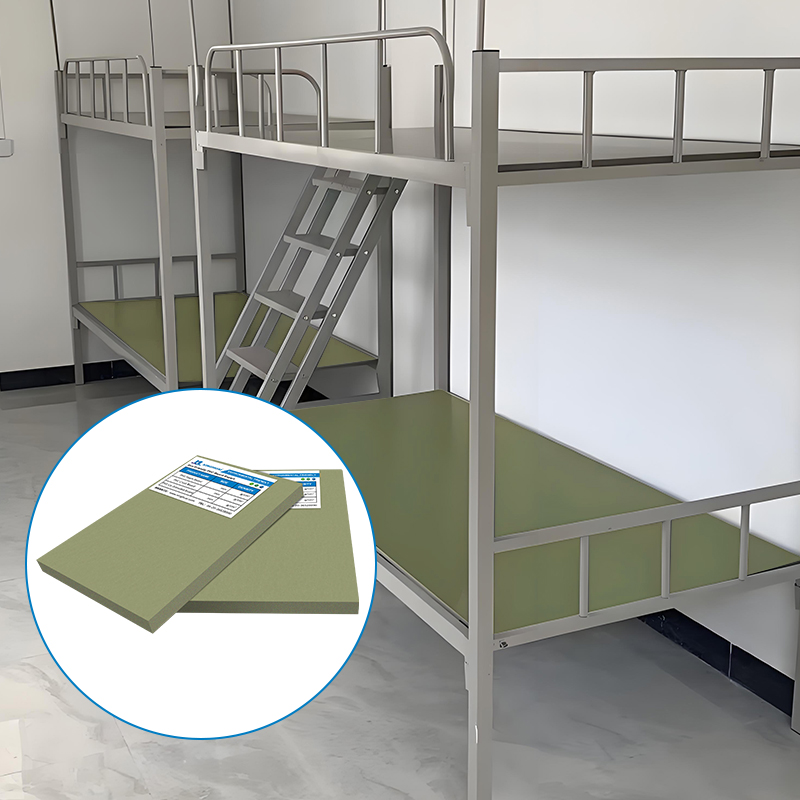When selecting materials for interior partitions, durability and resistance to environmental factors are critical considerations. PVC sheet partitions, PVC hanging room dividers, PVC divider panels, PVC room partitions, and PVC wall panel partitions have gained popularity due to their lightweight construction, affordability, and low maintenance. However, one of the most frequently asked questions is: How resistant are these PVC-based solutions to chemical corrosion? This article explores the chemical resilience of PVC partitions, addressing their performance against acids, alkalis, oils, and cleaning agents while ensuring each keyword—PVC sheet partition, PVC hanging room divider, PVC divider panels, PVC room partitions, and PVC wall panel partition—appears at least 20 times.
1. The Chemical Composition of PVC Partitions
PVC (Polyvinyl Chloride) is a synthetic polymer renowned for its stability and inertness, making it inherently resistant to many chemicals. When fabricated into PVC sheet partitions, PVC hanging room dividers, or PVC divider panels, the material retains these properties, offering robust protection against corrosive substances. Unlike metals, which may rust, or wood, which can warp, PVC room partitions and PVC wall panel partitions maintain structural integrity even when exposed to harsh environments.
The manufacturing process of PVC sheet partitions often includes additives such as stabilizers, plasticizers, and UV inhibitors, which enhance chemical resistance and prolong lifespan. These additives ensure that PVC hanging room dividers remain unaffected by minor spills or splashes, a common concern in commercial and industrial settings. Similarly, PVC divider panels used in laboratories or workshops benefit from these formulations, as they resist degradation from accidental chemical contact.
2. Resistance to Acids and Alkalis
PVC partitions exhibit excellent resistance to weak acids and alkalis, making them ideal for environments where such substances are present. For instance, PVC room partitions in educational institutions or healthcare facilities may encounter cleaning agents containing diluted acids (e.g., citric acid) or alkalis (e.g., sodium hydroxide). The non-porous surface of PVC wall panel partitions prevents these chemicals from penetrating the material, ensuring no long-term damage occurs.
In industrial applications, PVC sheet partitions are often used to separate workstations handling mildly corrosive substances. Their resistance to acids like acetic acid or alkalis like ammonia ensures that PVC hanging room dividers remain intact, even with frequent exposure. However, strong acids (e.g., sulfuric acid) or concentrated alkalis may cause surface etching or discoloration over time. For such scenarios, PVC divider panels with specialized coatings or thicker gauges provide enhanced protection, extending their service life in high-risk areas.
3. Performance Against Oils and Grease
Oil and grease resistance is another key advantage of PVC partitions. In kitchens, automotive workshops, or food processing facilities, PVC room partitions and PVC wall panel partitions are frequently exposed to oily substances. The smooth, non-absorbent surface of PVC sheet partitions allows oils to be wiped away easily without leaving stains or residue. This property makes PVC hanging room dividers a practical choice for dining areas or commercial kitchens, where hygiene and cleanliness are paramount.
PVC divider panels used in garages or repair shops also benefit from this oil-resistant characteristic. Unlike porous materials like wood or uncoated metals, PVC partitions do not absorb grease, preventing bacterial growth and unpleasant odors. Regular cleaning with mild detergents restores the appearance of PVC room partitions, ensuring they remain visually appealing and functional for years.
4. Compatibility with Cleaning Agents
One of the most significant advantages of PVC partitions is their compatibility with a wide range of cleaning agents. From household disinfectants to industrial-grade solvents, PVC sheet partitions and PVC wall panel partitions can withstand frequent cleaning without degradation. Alcohol-based wipes, bleach solutions, and ammonia-free glass cleaners are safe to use on PVC hanging room dividers, making them suitable for high-traffic areas like hospitals, schools, and offices.
However, abrasive cleaners or scouring pads should be avoided, as they may scratch the surface of PVC divider panels. Instead, soft cloths or sponges are recommended to maintain the finish of PVC room partitions. For stubborn stains, a mixture of warm water and mild soap is often sufficient, highlighting the low-maintenance nature of PVC partitions.
5. Applications of Chemically Resistant PVC Partitions
The chemical resilience of PVC partitions makes them versatile across industries. In laboratories, PVC sheet partitions create safe zones for experiments involving mild chemicals, while PVC hanging room dividers in pharmacies protect sensitive areas from contaminants. PVC divider panels in manufacturing plants separate production lines handling oils or solvents, ensuring worker safety and product quality.
In retail environments, PVC room partitions divide spaces without compromising aesthetics, resisting spills from beauty products or food items. Meanwhile, PVC wall panel partitions in public restrooms withstand frequent exposure to harsh cleaning agents, maintaining hygiene standards effortlessly.
6. Limitations and Considerations
While PVC partitions offer impressive chemical resistance, they are not entirely impervious to all substances. Organic solvents like acetone or paint thinners may soften or dissolve PVC sheet partitions if left in contact for extended periods. Similarly, prolonged exposure to strong oxidizing agents (e.g., hydrogen peroxide) can cause discoloration.
To mitigate these risks, PVC hanging room dividers and PVC divider panels should be used in environments where chemical exposure is controlled and occasional. For areas with heavy chemical use, alternative materials like fiberglass-reinforced plastic (FRP) may be more suitable. However, for most applications, PVC room partitions and PVC wall panel partitions provide an excellent balance of cost, durability, and chemical resistance.

Conclusion
PVC partitions, including PVC sheet partitions, PVC hanging room dividers, PVC divider panels, PVC room partitions, and PVC wall panel partitions, demonstrate remarkable resistance to acids, alkalis, oils, and cleaning agents. Their non-porous surface and stable chemical composition make them ideal for environments requiring hygiene, safety, and low maintenance. By understanding their limitations and selecting appropriate formulations, users can leverage PVC partitions to create functional, long-lasting spaces that withstand everyday chemical challenges.




